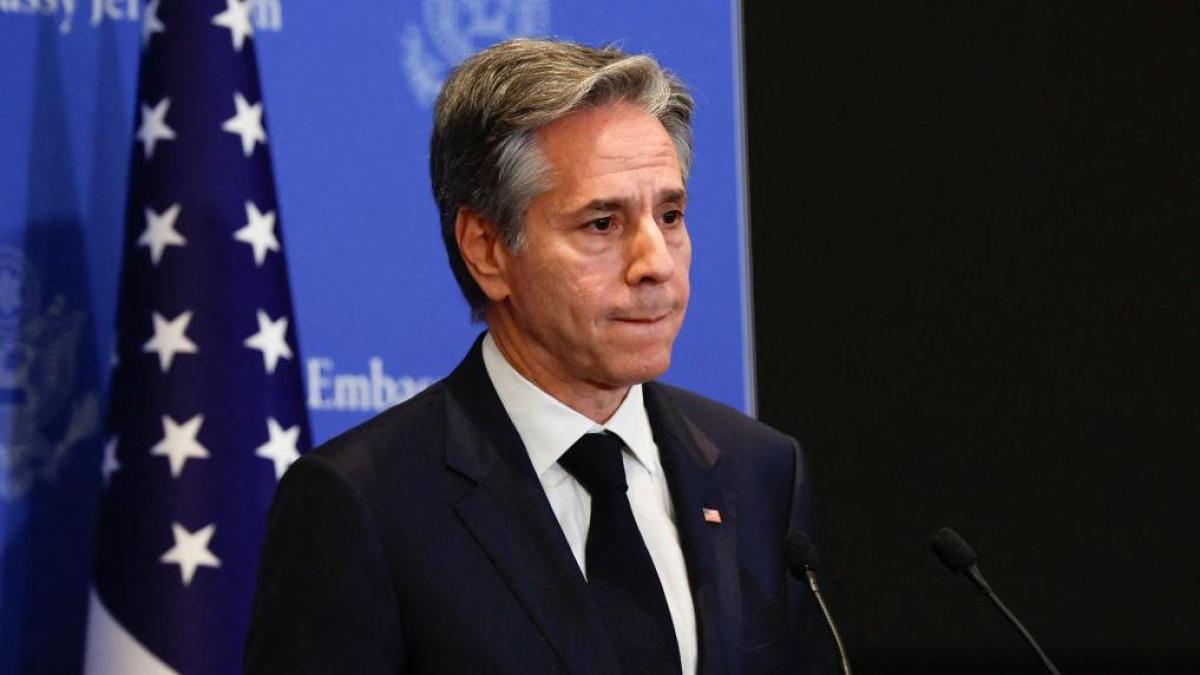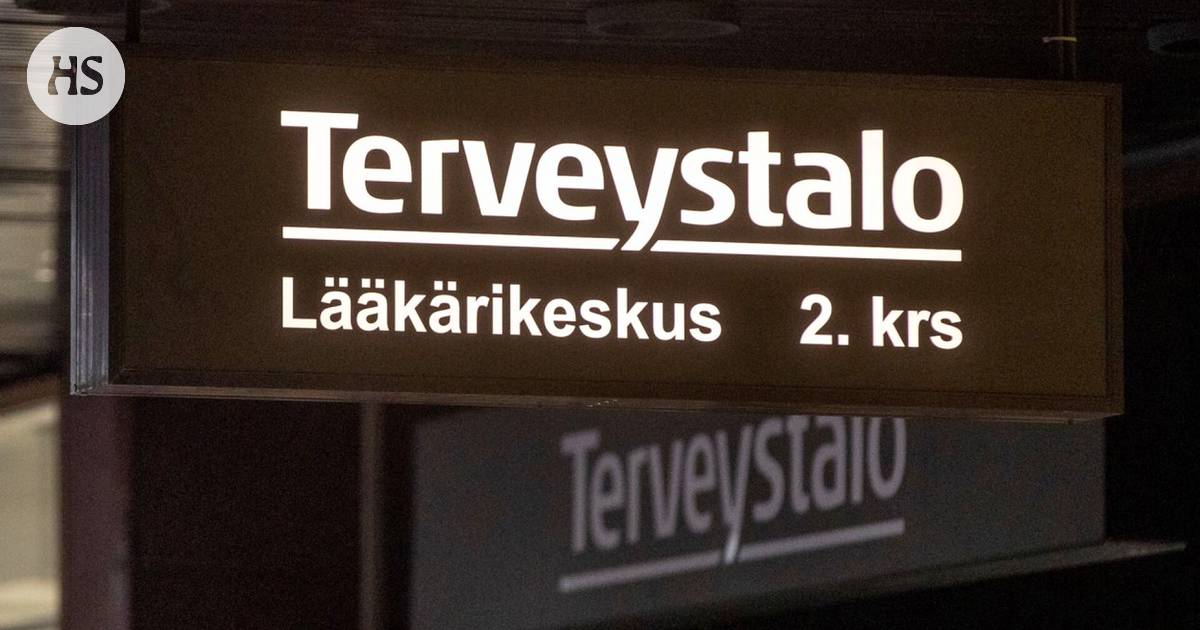World Bank researchers monitored where money flowed from poor countries when they received financial aid.
Development aid is often accused of blaming money on the rich and corrupt elites of poor countries.
The interpretation is partly boosted by development economists under the World Bank report. In it, they have tracked cash flows from developing countries to foreign bank accounts.
Researchers monitored the extent to which the World Bank has financed development projects and provided direct budget support to the 22 countries most in need.
At the same time, they monitored cash flows from these poor countries using data from the Bank for International Settlements. The goal was to monitor cash flows to places known as tax havens as well as to states with strict banking secrecy. These include Switzerland, Luxembourg and the Cayman Islands.
For comparison, the researchers also examined cash flows to countries with normal taxation, such as Germany, France and Sweden.
Result was clear. In those quarters when poor countries received a lot of aid, cash flows into tax havens opened up.
Scientists discovered a mathematical formula. As a country receives more aid as a percentage of its gross domestic product, the deposits of its citizens in tax havens will increase by 3.4 per cent.
Deposit flows to tax havens coincided exactly with the quarters in which much aid was distributed. At the same time, no difference was observed in foreign deposits in countries with normal banking regulations.
All this suggests that aid is flowing into tax havens.
Researchers could not see who made the international deposits. They conclude that it is a must to be an economic and political elite.
One conclusion is that the poor in poor countries often don’t have a bank account even in their home country, so they hardly have an account in the Cayman Islands.
If, on the other hand, the economic elite would deposit the money they had raised through honest means, why would they only deposit it in tax havens?
What about local businesses? After all, they often do practical work on development aid projects. As business suddenly accelerated, they could invest the extra money in foreign banks rather than their own.
Why it should all be deposited in tax havens, and not even in the United States, researchers wonder.
“
In the countries most in need, aid is drawn the most.
Money relatively more went to tax havens in countries identified in other studies as the most corrupt. However, this finding was not statistically significant.
It should come as no surprise that in a corrupt country, someone is pulling little from development aid. It is a question of whether a couple of percent or tens of percent are drawn in between.
The World Bank report does not provide a direct answer but an indirect assessment.
In a sample of the 22 poorest countries, which receive an average of 2.2 per cent of their GDP, the survey leaks about 7.5 per cent of aid to tax havens.
If the sample is extended to the 46 poorest countries, with subsidies being lower on average, the leak can no longer be shown to be certain.
In contrast, for the seven poorest countries, which receive 3% of their GDP, aid already flows to tax havens, 15%.
In other words, in the countries most in need, aid is drawn the most. The poorest countries are the most corrupt and the least governed, and aid can also further fuel corruption.
Researchers measured the flow of money into tax havens, so the real corruption is greater. In addition to bank deposits, the withdrawn grant money can be used to buy real estate and luxury in your own country.
The study was written to the World Bank by the Norwegian BI Norwegian Business School Jørgen Juel AndersenUniversity of Copenhagen Niels Johannesen and the World Bank Bob Rijkers.
The study was published recently Journal of Political Economy. Its draft has been on the World Bank ‘s website for a couple of years.
In the study focused on the 22 countries most dependent on World Bank assistance.
These countries are Afghanistan, Armenia, Burkina Faso, Burundi, Eritrea, Ethiopia, Ghana, Guinea-Bissau, Guyana, Kyrgyzstan, Madagascar, Malawi, Mali, Mauritania, Mozambique, Niger, Rwanda, Zambia, São Tomé and Príncipe, Sierra Leone, Tanzania and Uganda.
#Corruption #Research #Development #aid #flows #elite #bank #accounts #tax #havens







